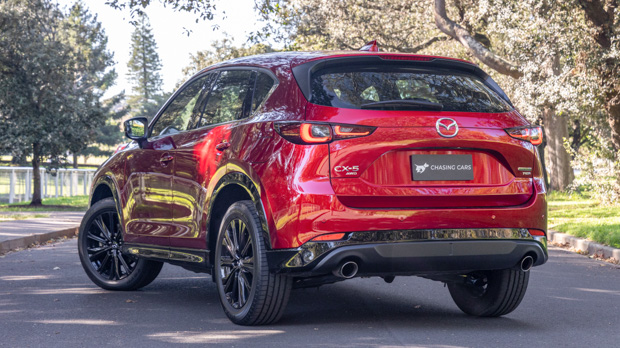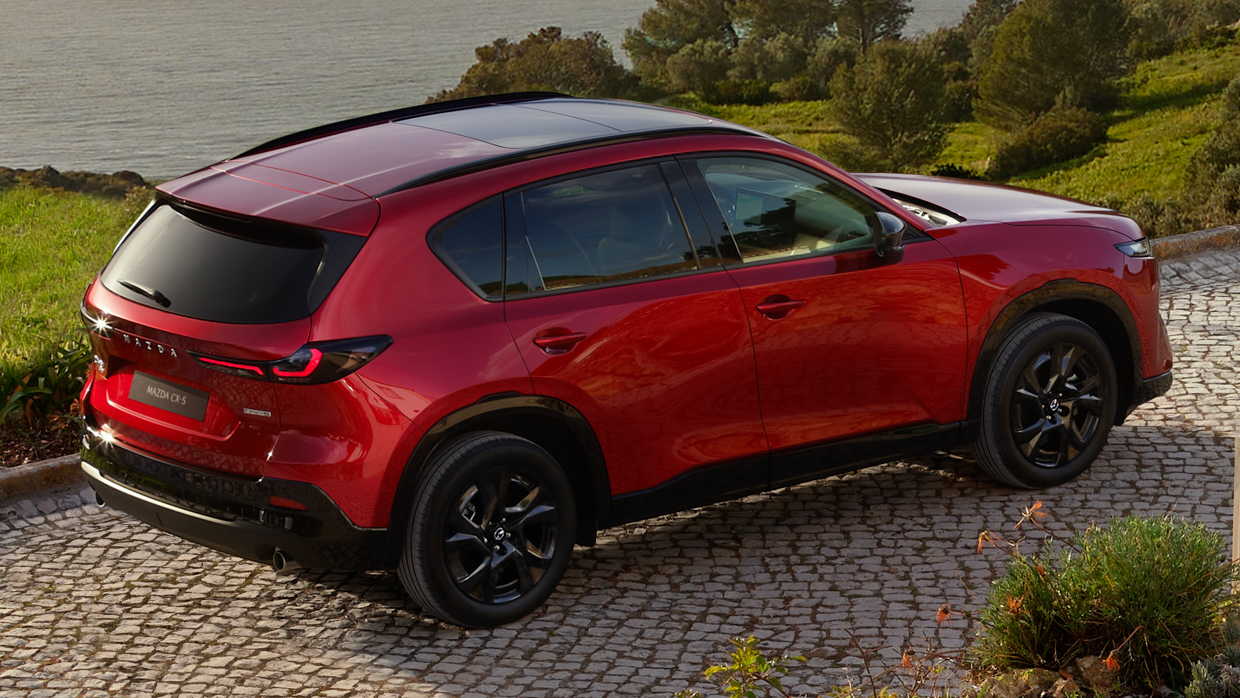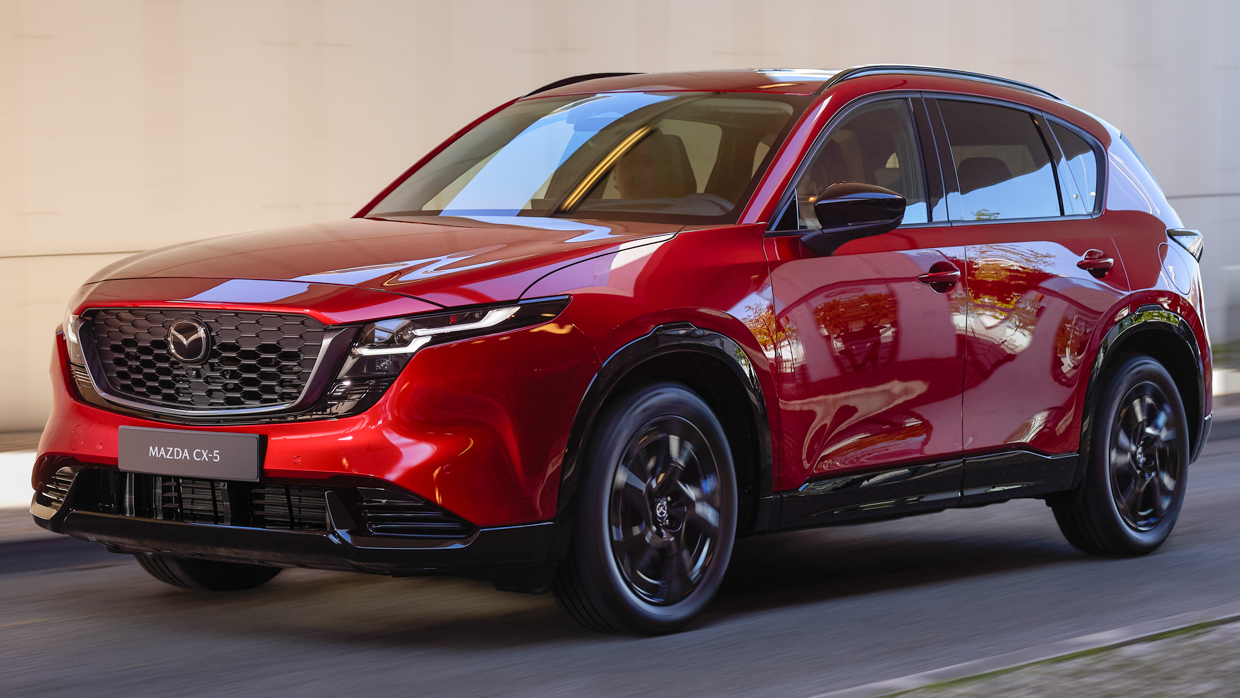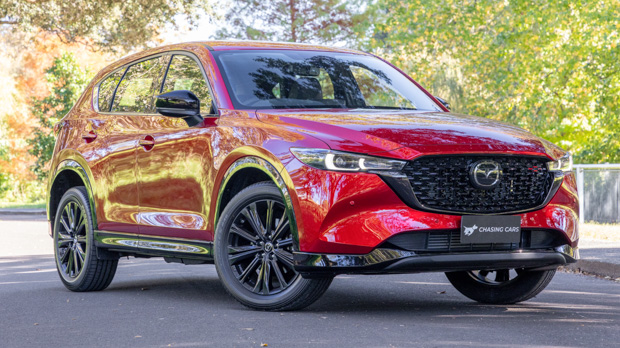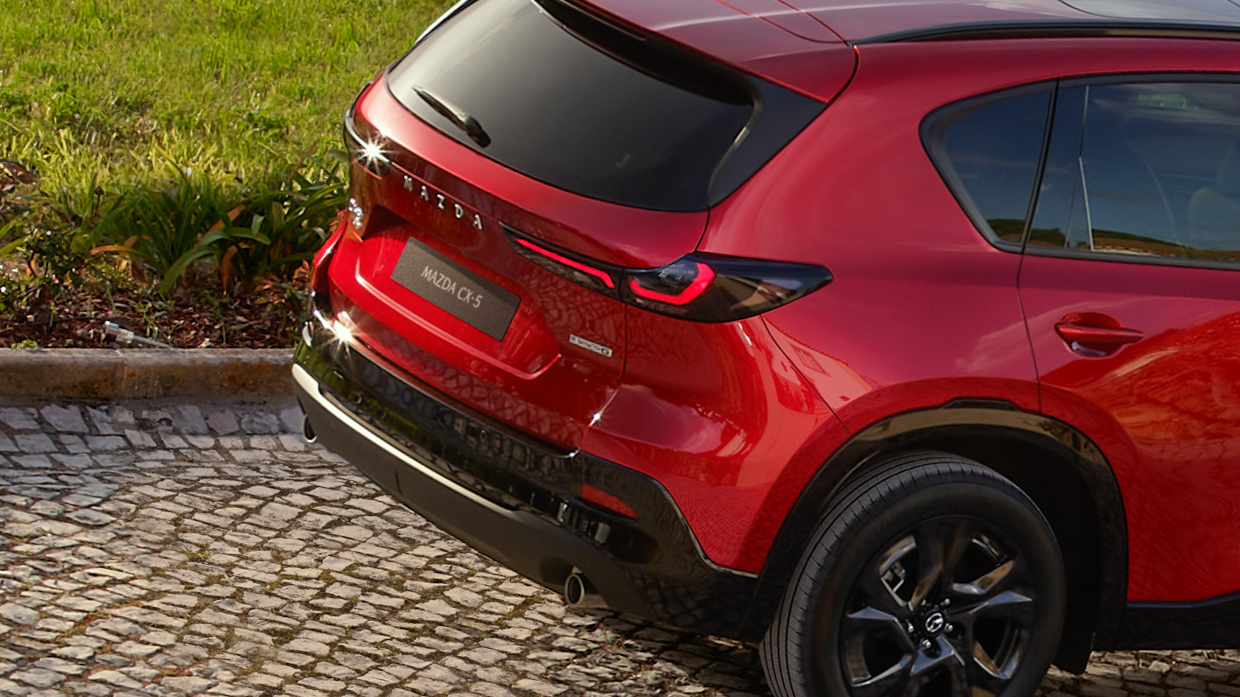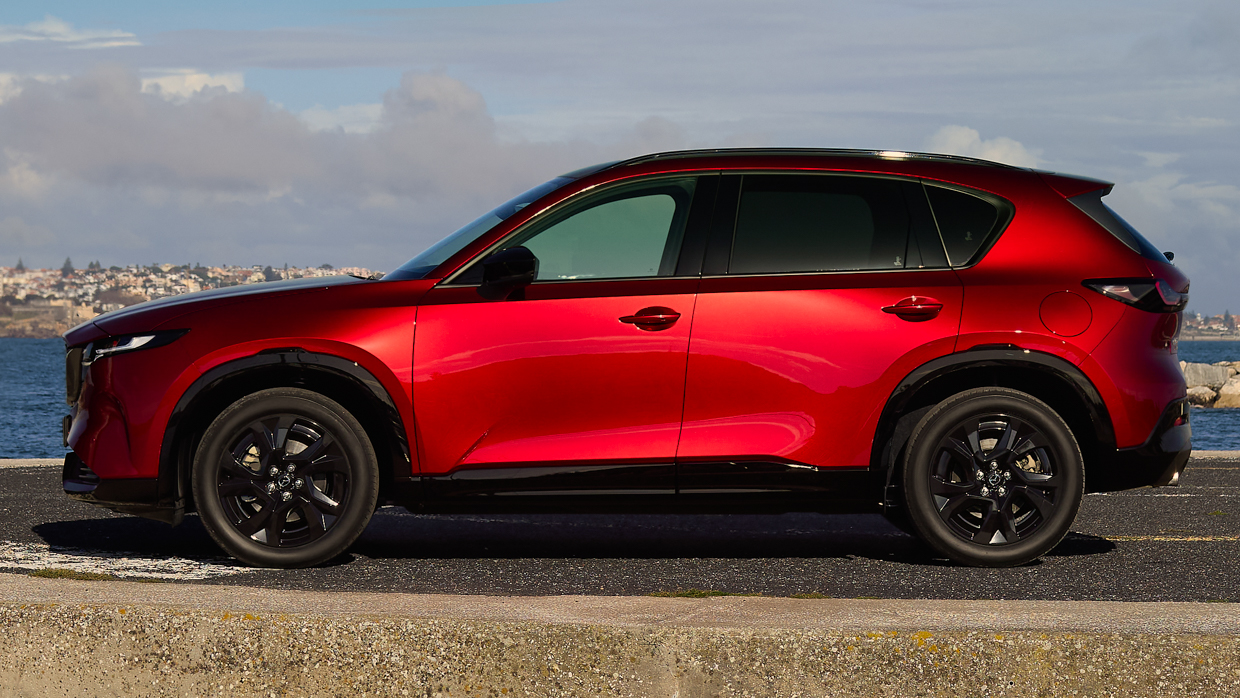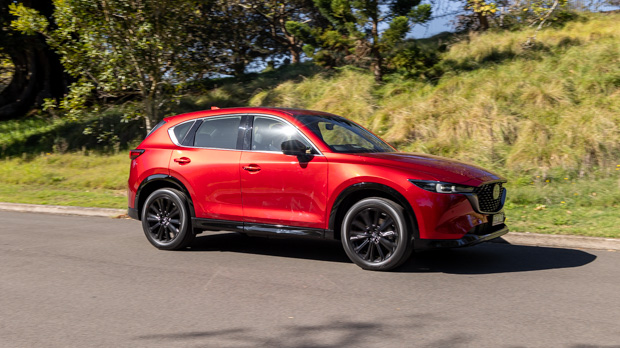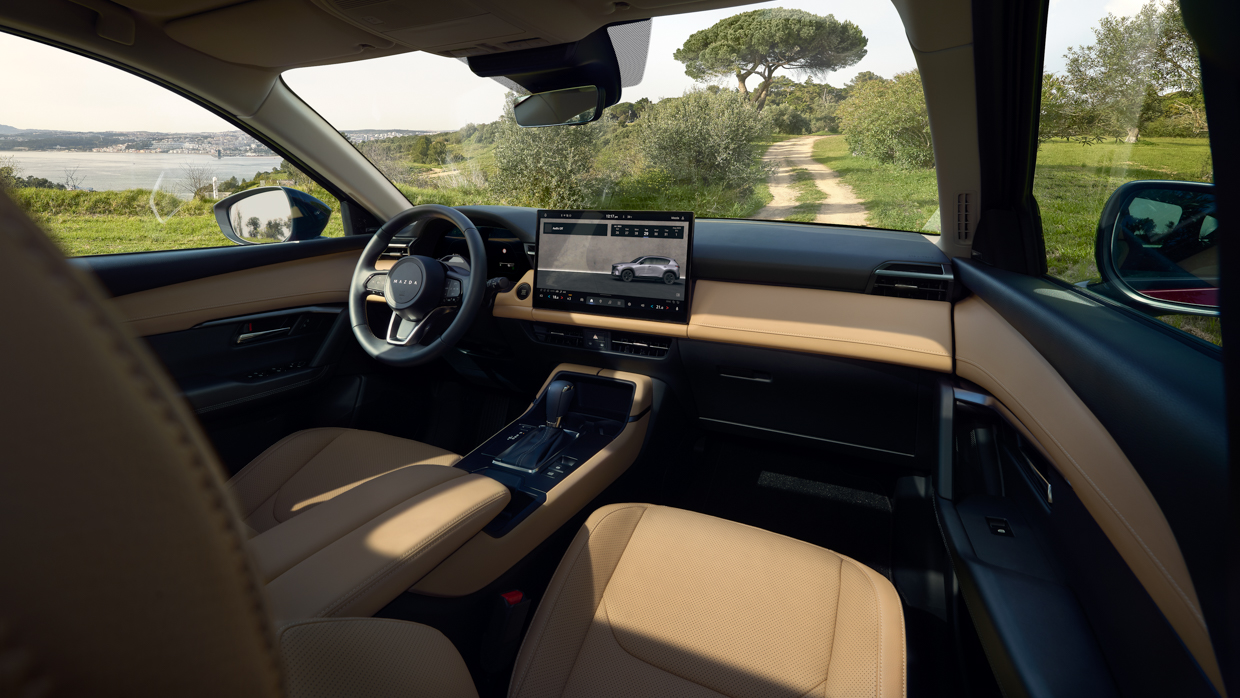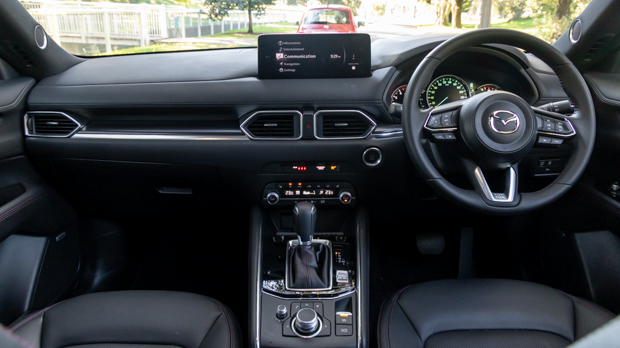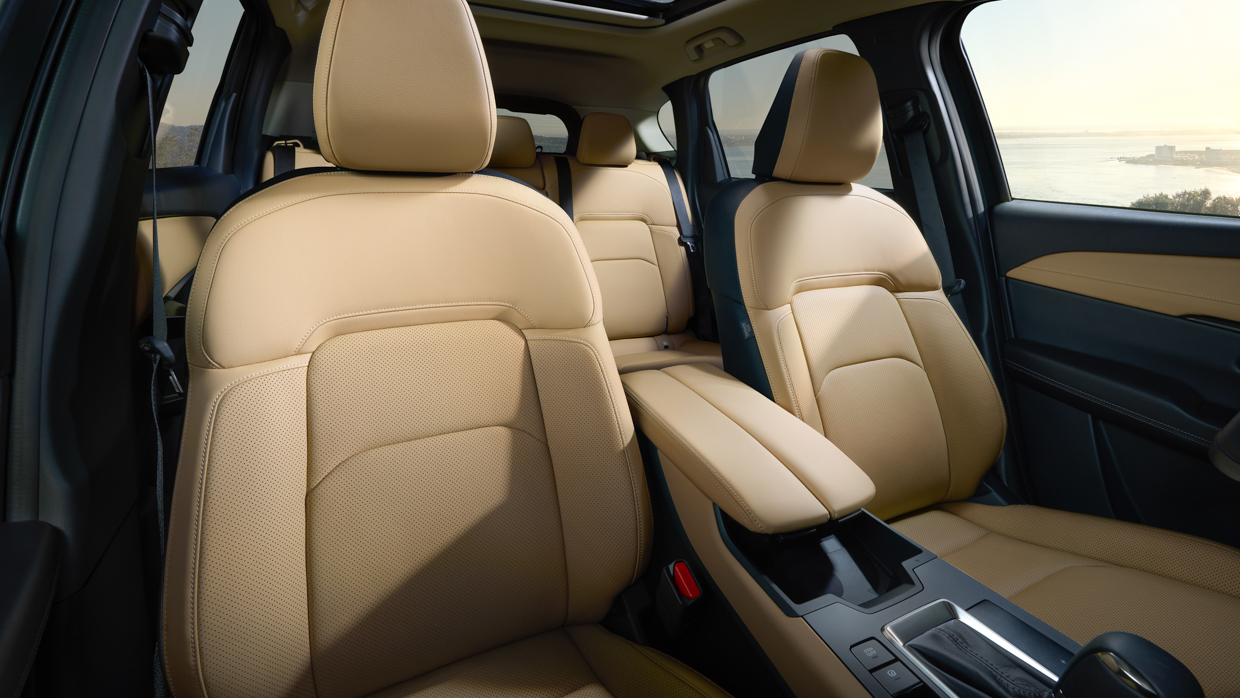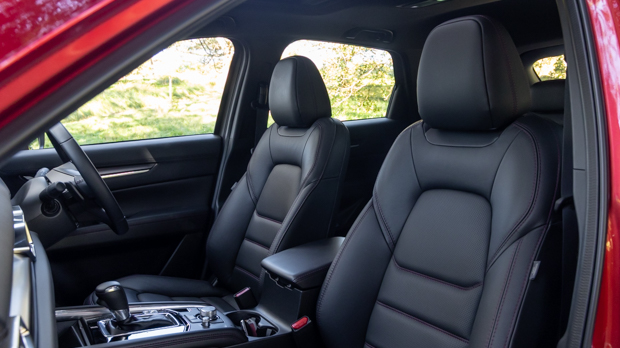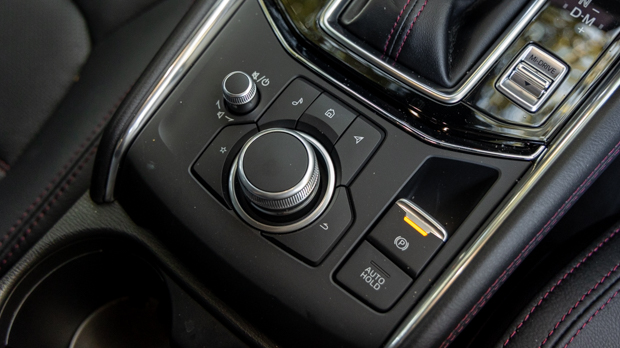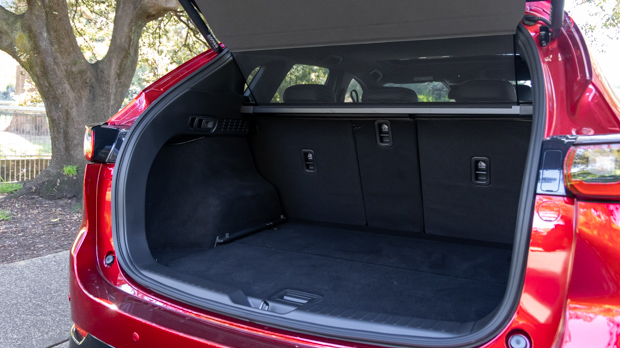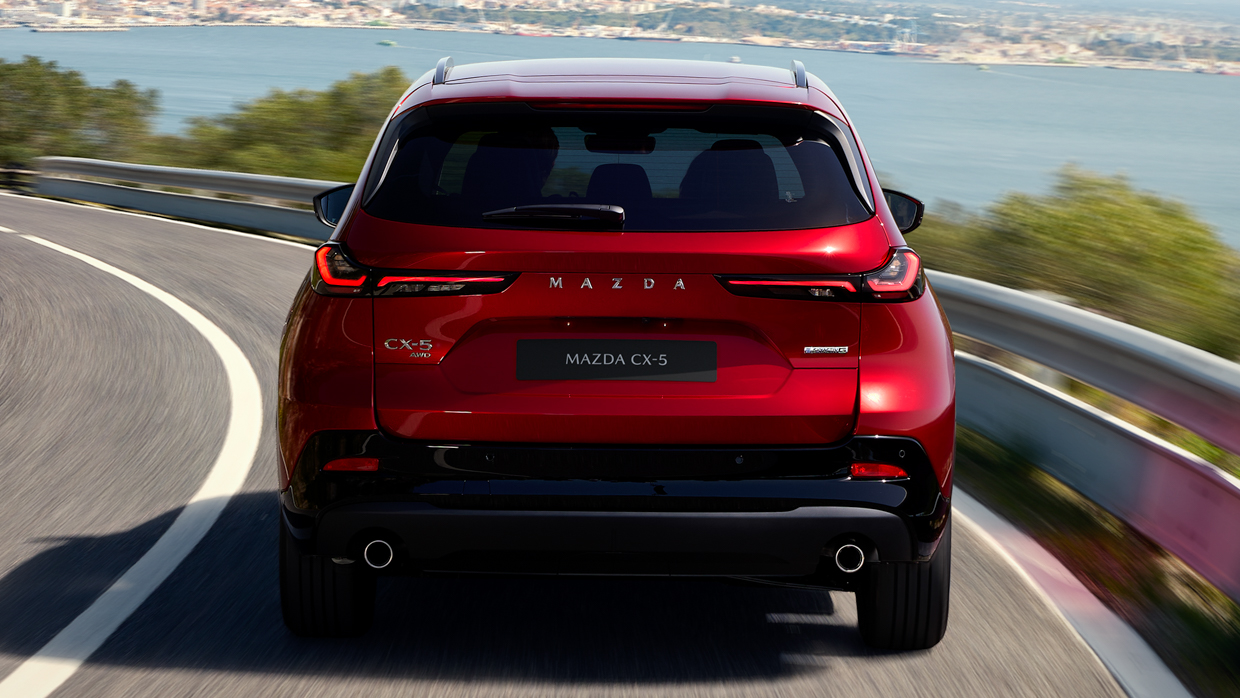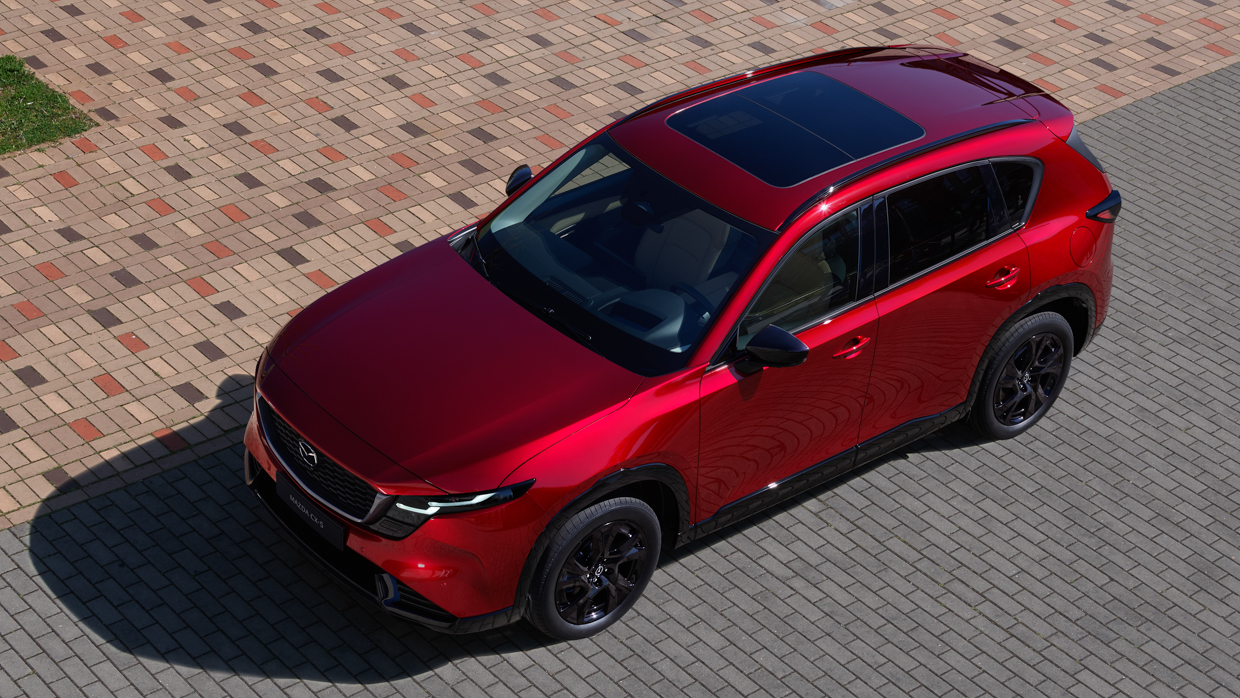-
Car Reviews
- All reviews
- Midsize SUVs
- Small cars
- Utes
- Small SUVs
- Large SUVs
- Large cars
- Sports SUVs
- Sports cars
- Vans
Latest reviews
- Car News
-
Car Comparisons
Latest comparisons
- Chasing Deals
A new-generation midsize Mazda SUV is coming in 2026. We take a look at the key changes from the current CX-5
A third-generation Mazda CX-5 will be released in 2026, bringing the biggest changes yet between generations since the nameplate debuted in 2012.
So, what is changing … and what is staying the same?
Chasing Cars provides a closer look to help prospective CX-5 buyers decide whether to head to showrooms now for the existing model or wait for the new version that’s still about a year away — due in the second half of 2026.
Some notable changes to the exterior are visibly longer rear doors (and wider C-pillars), which will access what Mazda says will be a roomier rear seat. The current CX-5’s back seat space is considered average for the medium-SUV segment.
Mazda’s more upmarket midsize SUV, the CX-60 looks to have been the inspiration to the profile of the CX-5, with a very familiar silhouette and window shape replacing the form of current CX-5.
The 2026 CX-5 brings new-look LED headlights, complemented by double-hockey-stick LED running lights, and the lower bumper appears to feature a full-width intake.
At the rear, Mazda has replaced the Japanese brand’s traditional logo badge for the first time with MAZDA lettering — following something of an industry trend.
While the profile of the car may take inspiration from the CX-60, the rear tail-light design borrows from that of Mazda’s larger SUVs, the CX-70, CX-80 and CX-90. The CX-5 does have its own spin on its rear end, with a black lower bumper, visible tailpipes, and more of a bell-shape silhouette.
In the second half of 2026, we will see the CX-5 grow from 4575mm to 4690mm, making it one of the longer vehicles in its class. It gains 15mm in width, growing from 1845mm to 1860mm, and the wheelbase also extends from 2700mm to 2815mm.
The latter dimension change is especially relevant to Mazda’s claim of increased rear-seat space.
The interior is where we are seeing a lot of change, which is exciting. From what was quite a simple and unfussy cabin, we are seeing much the same, but with a more upscale and modern look to fit in with what is more common in car interiors today.
The 10.25-inch infotainment screen is getting a much needed upgrade in size to 15.6 inches, making it Mazda’s largest infotainment screen to date and is run by Google Built In connectivity.
We can also say goodbye to the half-digital, half-analog drivers cluster, and say hello to a fully digital driver display.
With two, two-tone interior trims, an added sophistication is present — gone is the boring black and dark interior that is currently available. A selection of a rich tan leather and black trim is one option shown, the other, a black and off-white leatherette upholstery. The MAZDA lettering is echoed on the steering wheel, replacing the badge logo.
We also see the traditional centre console lid disappear, and a split lid has been added, along with a sloped smartphone charging tray.
The most notable feature to disappear, the rotary dial/joystick – and we’ve heard you in the comments, you’re not happy about it. While they’re not very common in vehicles today, we get it, they’re incredibly intuitive and easy to use while on the go.
As mentioned, the CX-5 has gained longer rear doors, that along with their already fantastically wide opening, it is a recipe of ease for all parents with little ones. Not just getting them in and out, but for the installation of child seats.
More positive additions to the rear are the claims of extra space, making what was an area reserved for children with its lack of leg room, now a space for adults as well. There will also be a recline function (hopefully on all models) for the rear seats, and the addition for a proper panoramic sunroof will be a welcome feature.
Mazda are yet to confirm how much capacity is gained in the boot exactly, but 5cm of extra length has been promised – a much needed upgrade, as the boot was one of the smallest in its segment.
The new CX-5 will also receive an adjusted loading height, it will be lowered by 18mm, which will be much easier for hauling cargo. And yes, Mazda have kept the 40:20:40 split of the rear seats, which is a feature we are happy they didn’t remove.
When the third-generation CX-5 is released in 2026, it will unfortunately only come in with one powertrain — at least initially. Gone are the current model’s 2.5-litre turbo petrol option and base model 2.0-litre engine leaving only be the Skyactiv G 2.5-litre 4-cylinder petrol engine with Mazda hinting that only all-wheel drive will be an option to go with it again.
While a hybrid engine will become available, it won’t be until 2027, and for Australians, they might have to wait until 2028 to experience the new Skyactiv Z hybrid.
Will these changes add or detract from Mazda’s best selling SUV, will it help to make the CX-5 more popular than the Toyota RAV4?
Latest news
About Chasing cars
Chasing Cars reviews are 100% independent.
Because we are powered by Budget Direct Insurance, we don’t receive advertising or sales revenue from car manufacturers.
We’re truly independent – giving you Australia’s best car reviews.
